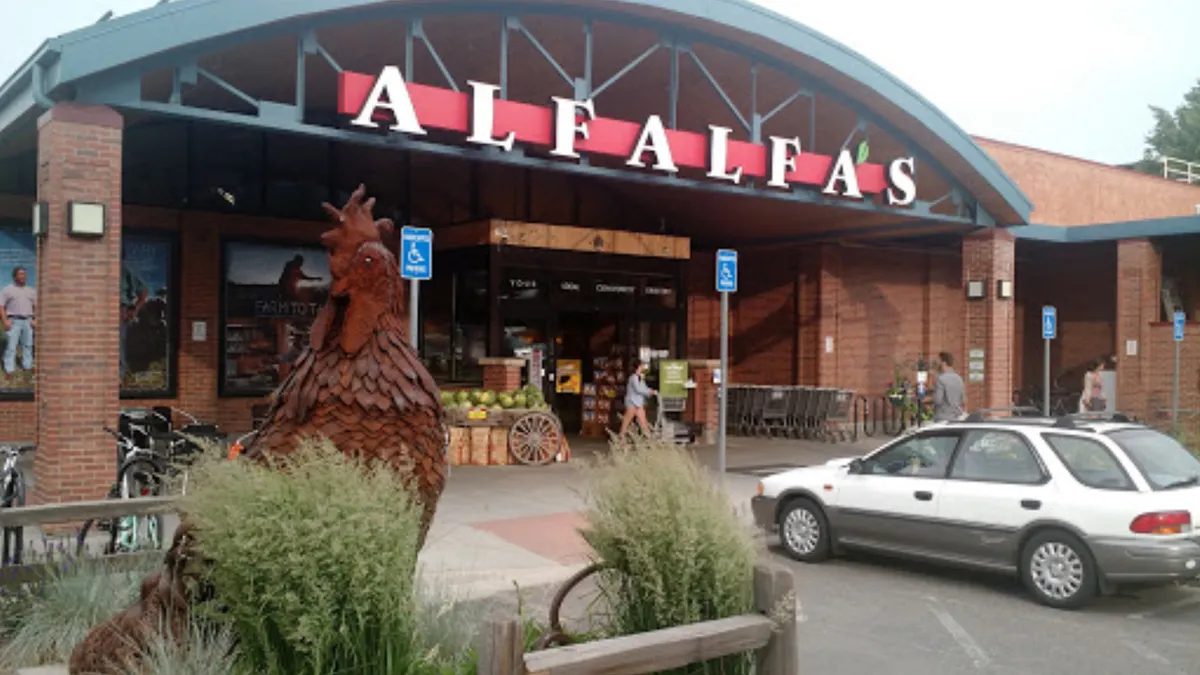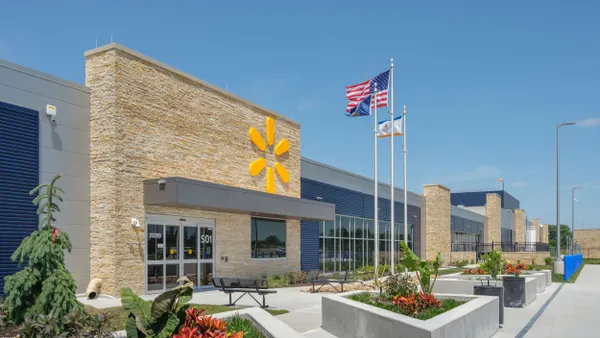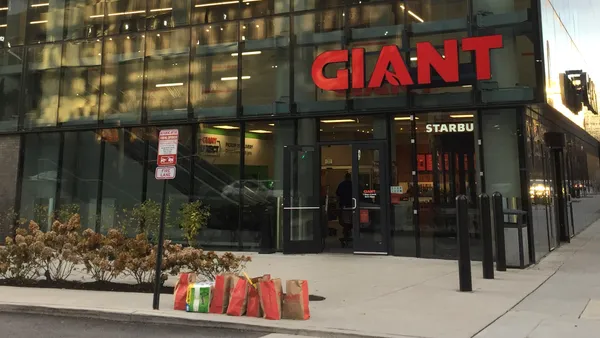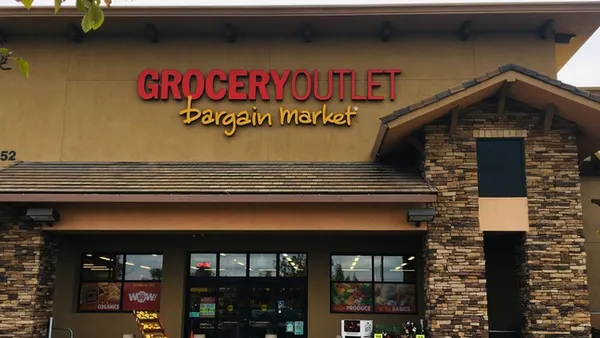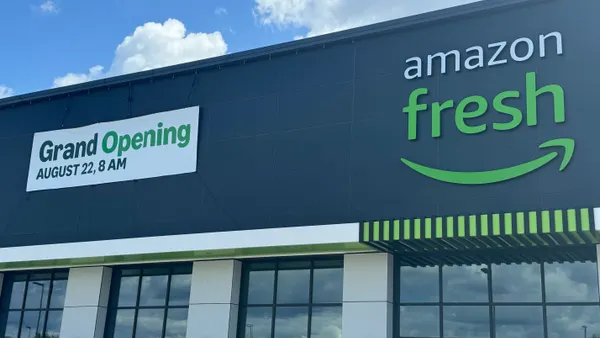Dive Brief:
-
Alfalfa’s Market’s flagship store in Boulder, Colorado, plans to close this week after nearly 40 years in business, according to BizWest.
-
The location suffered under high real estate costs, an expansive prepared foods department that had shuttered and foot traffic that fell by 60% during the pandemic, according to the report. Mark Homlish, president of Alfalfa's Market, told the local news outlet that the other two stores in Louisville and Longmont, Colorado, have also seen declining foot traffic but will remain open.
-
Founded in 1979, Alfalfa's Market was a pioneer in the natural and organic retail movement. The closure of its flagship store underscores the ongoing challenges facing retailers in the natural foods space.
Dive Insight:
Alfalfa’s Market has had an up-and-down history, but the Boulder location has remained a constant presence in a city that’s core to the natural and organic movement.
The natural foods retailer started out in Boulder in 1979 as Pearl Street Market, then became Alfalfa’s Market a couple of years later when it moved to the flagship site. The store attracted a large following with its natural and organic products — a novelty at the time — as well as events like pancake breakfasts and parking lot dog washes. The site eventually spawned 10 other locations before Wild Oats acquired the chain in 1996. A little over a decade later, Whole Foods bought Wild Oats but had to divest the Alfalfa's locations to meet regulatory requirements.
Mark Retzloff, who helped start the company but had left in the early 1990s to start Horizon Organic Dairy, acquired the Boulder store along with the Alfalfa’s name and invested $10 million to remodel the site. After several challenging years, including the opening of a second store and a management spat in which Retzloff was ousted as CEO, Alfalfa’s sold to a local investment group that added a third location last fall.
In an interview with BizWest, Homlish said the store’s cafe and prepared foods section has been closed since the outset of the pandemic and that the store had a significant catering business that supplied local schools and other institutions.
In addition, the Boulder site carried high real estate costs and these days faces extensive competition from a range of specialty and conventional stores.
“It’s an expensive location, and COVID affecting our sales just exacerbated that,” Homlish told BizWest.
Homlish said Alfalfa’s remaining stores in Louisville and Longmont are faring better because they serve more families loading up on pantry essentials. The Longmont location, which includes a “produce lab” where customers can sample fresh-cut fruits and vegetables, opened in October at a former Lucky’s Market site.
Lucky’s also started in Boulder and it, too, is familiar with the challenges of specialty retailing these days, having been through a growth period followed by bankruptcy and now a limited footprint under founders Bo and Trish Sharon.
Pre-pandemic, natural and organic stores were under pressure to prove their value against conventional stores that had ramped up their selection of local, gourmet and better-for-you products. With pantry-loading and online shopping — two drivers that exist far outside specialty retail’s sweet spot — having propelled sales over the past year, companies like Lucky’s, Alfalfa’s, Sprouts Farmers Market and The Fresh Market have had to make further adjustments. In the long-term, they face tough questions over what makes their model so special, after all.



